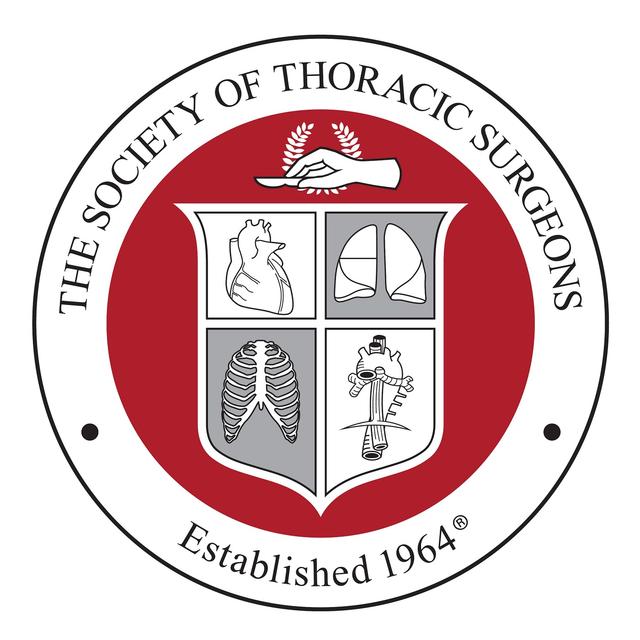**Introduction:** In the fast-paced and demanding realm of cardiothoracic surgery, where every decision can be a matter of life and death, conflict is an unavoidable reality. The surgical theater is a high-pressure environment, where differences in opinion,tensions among team members, and disagreements over program outcomes can arise at any moment. For surgeons, mastering the art of conflict management is not just beneficial—it is crucial.
As the medical field increasingly values collaboration, communication,and leadership,the ability to effectively handle conflict is becoming an indispensable skill for surgeons at every stage of their careers. **Main Content:** Conflict in the operating room can manifest in numerous ways. A surgeon might face a difference in opinion with a colleague during a critical moment of an operation.
Such disagreements,if not managed properly,can escalate, affecting the focus and morale of the entire surgical team. Similarly,unresolved tensions between team members can lead to a breakdown in communication, jeopardizing patient outcomes and the efficiency of the surgical process. Moreover,friction over program outcomes,whether due to differing expectations or perceived inequities, can further strain professional relationships.
In an environment where collaboration is paramount, the inability to address these issues can hinder the overall success of the surgical team and the healthcare institution. Recognizing the signs of conflict early on and addressing them proactively is vital. Surgeons who develop strong conflict resolution skills are better equipped to foster a positive and productive work environment.
This involves not only understanding the root causes of disagreements but also employing effective communication strategies to mediate and resolve issues. Encouraging open dialogue and creating a culture of mutual respect and understanding are fundamental to navigating conflict. By prioritizing these values,surgeons can transform potential points of contention into opportunities for growth and improvement.
Emphasizing teamwork and shared goals helps to align the interests of all parties involved, paving the way for more cohesive and effective surgical teams. **Conclusion:** As cardiothoracic surgery continues to evolve, the emphasis on collaboration and leadership will only intensify. Surgeons who excel in managing conflict will not only enhance their own professional development but also contribute to the advancement of the field.
By embracing the challenges of conflict and viewing them as opportunities for learning and growth, surgeons can lead their teams with confidence and achieve greater success in their careers. In this high-stakes environment,the ability to navigate conflict is not just an advantage—it is an essential component of surgical excellence.
